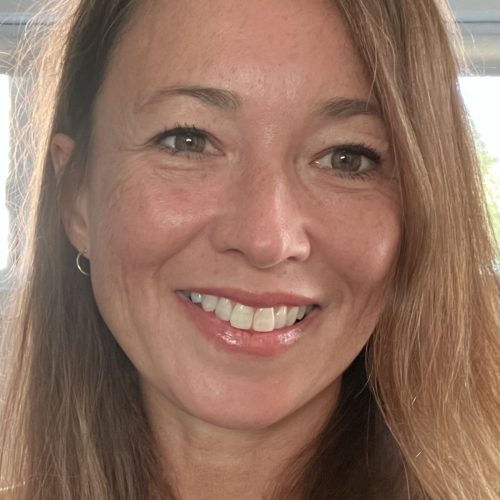
Christina also serves as the Board President of the Federation EIL providing member support in strategic planning, capacity building, and quality assurance. The Federation is a nonprofit association representing a global network of international educational program providers supporting 12 members around the globe who offer programs in volunteerism, group travel, language training, and study abroad.
Before joining World Learning in 2003, Christina taught English to junior and senior high school students and designed teacher training programs for Japanese English teachers on the Japan Teaching and Exchange Program (JET) for three years. Christina received her master's degree in international communications from the School of International Service with an emphasis on international education and management from American University in Washington, DC.
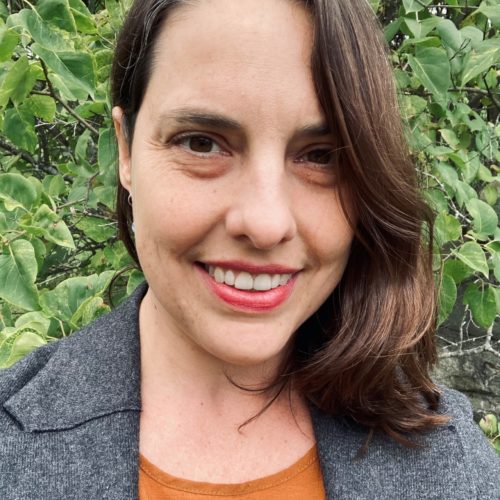
Heather has studied abroad throughout Europe and traveled to Costa Rica and Argentina. She enjoys spending time with her family and supporting her community in southern Vermont, as well as photography, running, and hiking.
Education
• MFA, Maine College of Art
• BA, Emerson College
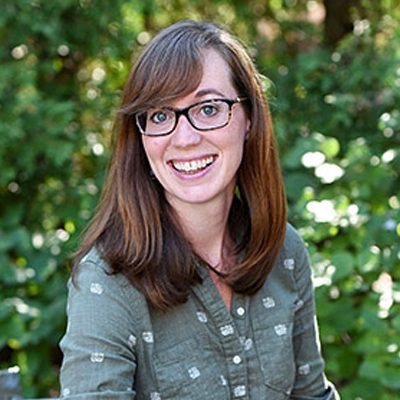
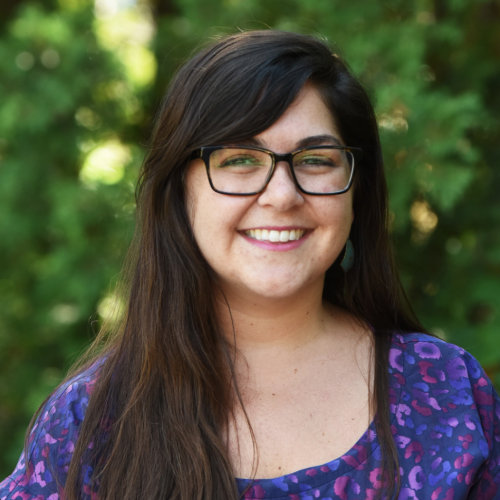
Education
• MA, American University’s School of International Service

Anna Gail has over ten years of experience working with youth and young adults as a volunteer manager, educator, residential life director, and traveling group facilitator. Building on her graduate studies in social justice and international education, Anna Gail worked with World Learning’s Youth Leadership and Peacebuilding Programs, facilitating workshops on current issues and youth activism with the Governor’s Institutes of Vermont and traveling with and supporting students through the LondonX and Iraqi Young Leaders Exchange Program for two years. In 2013, she was the Trustees’ Fellow for the inaugural year of the IHP: Human Rights program. From 2010 to 2015, she lived in Wellington, New Zealand, where she worked in residential life at Victoria University of Wellington and supported human rights education with the Holocaust Centre of New Zealand. From 2015 to 2021, Anna Gail was the Program Manager for IHP where she worked with in-country partners and traveling faculty to run semester-long global comparative programs centered on social justice, for undergraduate students.
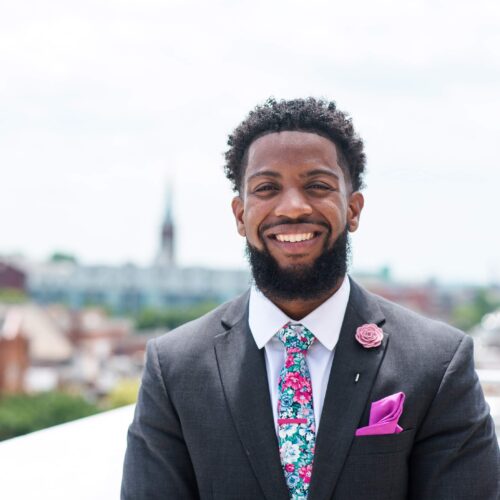
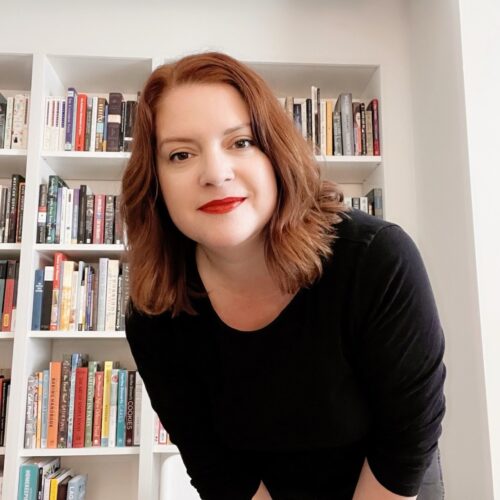
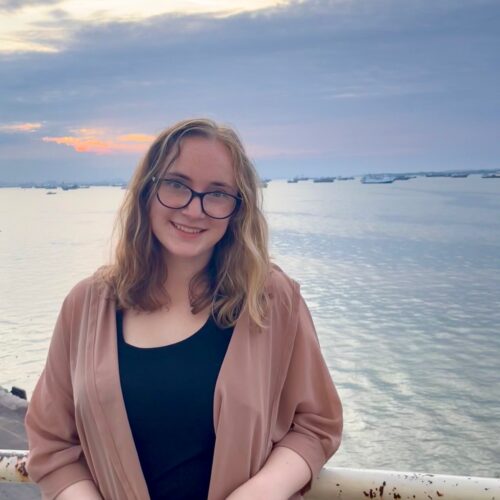
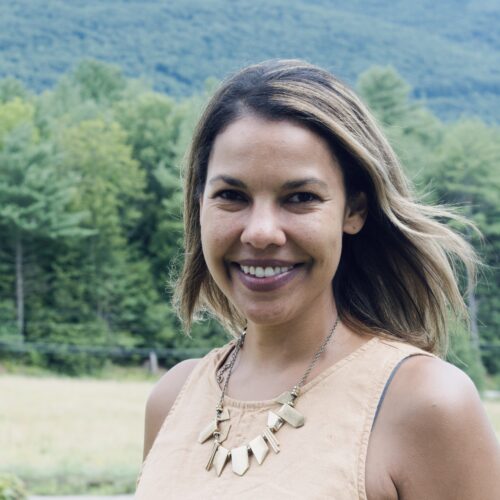
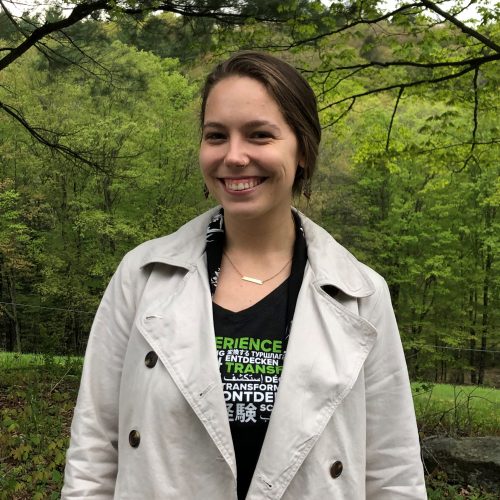
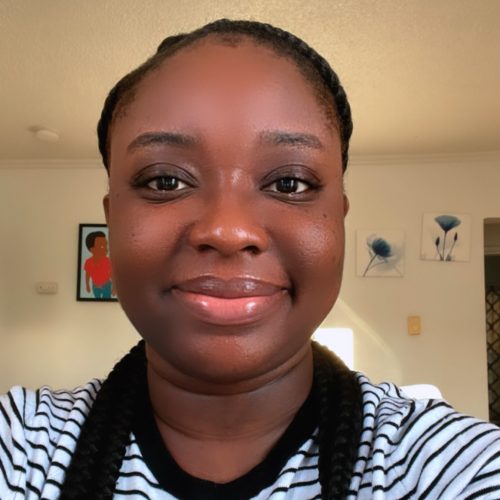
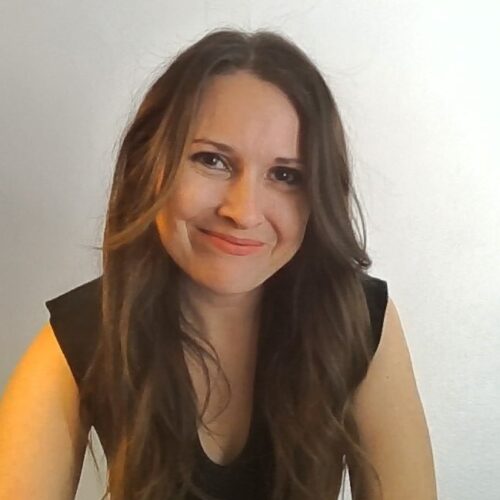
Group Leaders
Our group leaders and digital facilitators are Experimenters’ number one resource. We seek educators who represent our diverse student body and who are skilled in creating inclusive group environments for their participants.
Our group leaders are dedicated to youth development and are passionate about working directly with young people. The Experiment’s group leaders:
- Are professional, flexible, resilient, resourceful, pro-active, caring, warm, friendly, and love to laugh
- Genuinely enjoy spending time with high school students
- Have strong organizational and logistical skills, and are able to manage a budget
- Are willing to put their participants’ learning and development ahead of their own experience.
- Are ready for an intense, challenging, and rewarding summer.
- Demonstrate skills and experience in cross-cultural sensitivity and communication.
- Bring a wide variety of backgrounds and social identities.
- Are aware of and committed to addressing bias, systemic inequalities, power, privilege, and oppression.
- Are, above all, educators and facilitators.
Programs Abroad—Ongoing Support from Start to Finish
Experiment groups abroad are accompanied by two carefully selected and trained adult leaders who work collaboratively with in-country partners and The Experiment’s offices in the United States. Throughout the program, leaders work with Experimenters to increase their knowledge of the country and culture, develop communication skills, and cultivate new attitudes and awareness.
Group leaders keep in close contact with Experimenters and their homestay families, conduct group excursions, and guide Experimenters through the learning process via discussions, activities, and reflections. At the end of the program, leaders help Experimenters evaluate their experiences and consider how they can integrate what they learned about themselves, their identities, and the world into their lives at home.
Leaders have extensive experience with youth education, travel logistics and management know-how, health, safety, and risk management and are ready to spend a month living and learning with their participants. They are responsible professionals who have local expertise in the country or region of their program, language abilities, and knowledge of their program theme. Experiment co-leaders and staff complement one another and provide comprehensive support to all members of their groups.
Group leaders go through a rigorous selection process. In 2019, The Experiment accepted only 27% of group leader applicants. The process includes a comprehensive application review, several stages of interviews with the People Operations Team, and thorough screening and background check. Many of our leaders are teachers and professionals with bachelor’s and often a master’s degree, former Peace Corps volunteers, and distinguished scholars (Fulbright, Rhodes, Truman, etc.).
Group Leader Training
At The Experiment, we value our group leaders as professionals in their fields. We utilize the skills they bring while making sure to provide development and support in the areas needed to be successful leaders of our programs.
Before our programs, group leaders attend intensive, in-person training on the School for International Training (SIT) campus in Vermont. Leaders get in-depth, interactive training on a range of topics relating to the broad areas of youth, education, logistics, and health and safety. Sessions cover issues including adolescent psychology, mental and physical health, youth development, diversity and inclusion, behavior management, curriculum development and delivery, and experiential education techniques. Learn more about becoming a group leader.
“Not only do I come away feeling prepared, supported, and nourished as a facilitator, but I feel like I want to bring ANYONE in a leadership position (corporate, nonprofit, or even people planning to become parents) to this training. Too often, ‘leader’ is a title that reflects salary but not equity or ability. The Experiment training provides the tools to excel in every aspect of leadership.”
– Jen Fowler, Leader to the United Kingdom, Argentina, and Japan
Featured Group Leaders
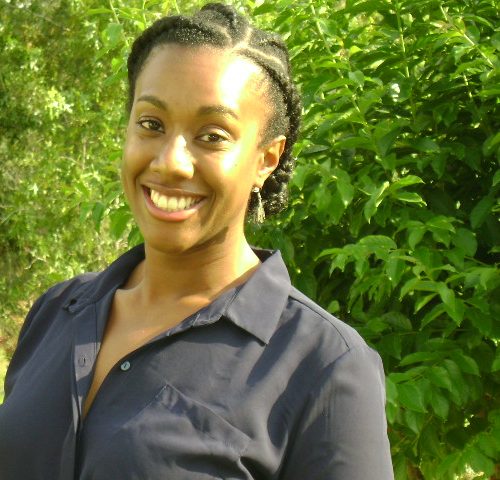
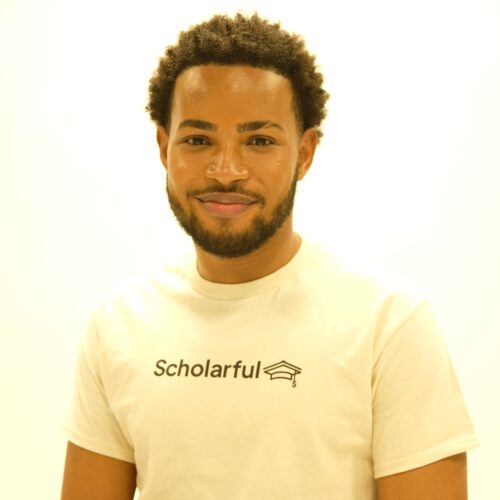
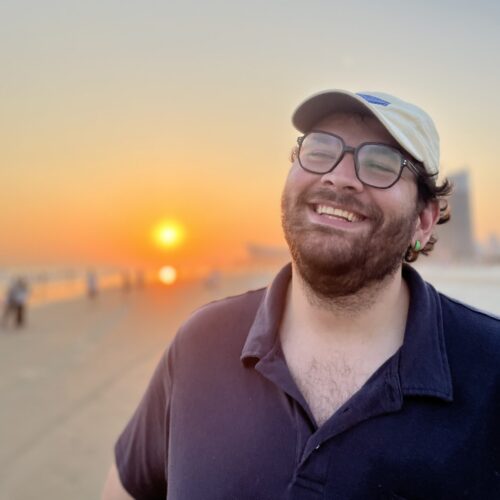
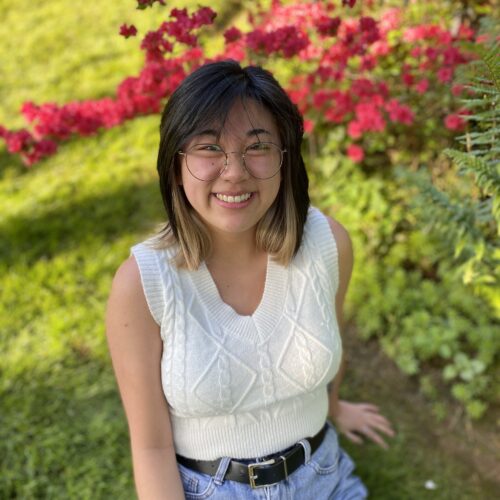
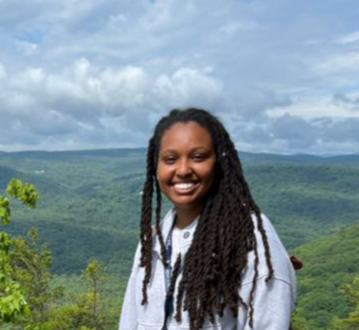
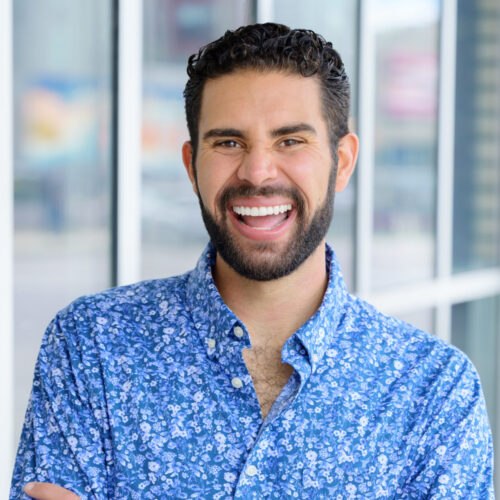

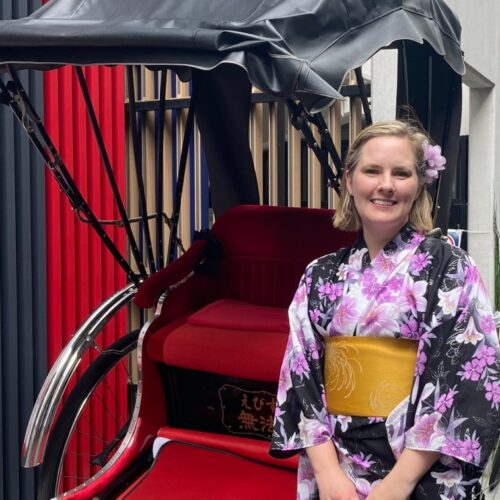
The Experiment Digital—Fostering Connection Across Borders
Throughout the virtual exchange, students will be directly supervised by professional facilitators, including some alumni and former peer mentors, who have experience with cultural exchange and undergo an intensive month-long training on online facilitation. Although The Experiment Digital boasts a huge number of participants, it fosters an intimate feel for learning, which allows small group conversation and meaningful engagement. Participants attend interactive webinars featuring guest speakers, with small breakout sessions led by facilitators or peer mentors. In dialogue groups, there’s one facilitator for every five to eight students, with a safe space to share their hopes and fears and discuss often challenging topics such as gender norms and stereotypes. Facilitators initiate icebreakers, jumpstart conversation, ask debrief questions, and mediate conflict. Facilitators also help guide participants through the process of developing a community service project.
Digital facilitators:
- Create and maintain a positive and inclusive digital learning community.
- Coach participants on behavioral challenges within the program community and mediate disagreements and conflicts.
- Assist participants in troubleshooting technology issues to ensure program engagement.
- Provide encouragement and support to keep participants engaged in the program activities.
- Support participants with plans for their project implementation.
Our digital facilitators monitor all interactions on the online platform. If anything of concern arises, they follow a strict risk management protocol through the proper channels to inform full-time staff at The Experiment Digital, who are reachable 24/7. Learn more about becoming a digital facilitator.
“This whole summer has been an amazing opportunity to get to know teens from all over the world. I feel really inspired by their spirit, and I feel like my mind has been opened by their perspectives and worldviews. I really can’t think of a better way to have spent this summer than meeting and working with these fantastic participants.”
– Caroline, 2020 Digital Facilitator


